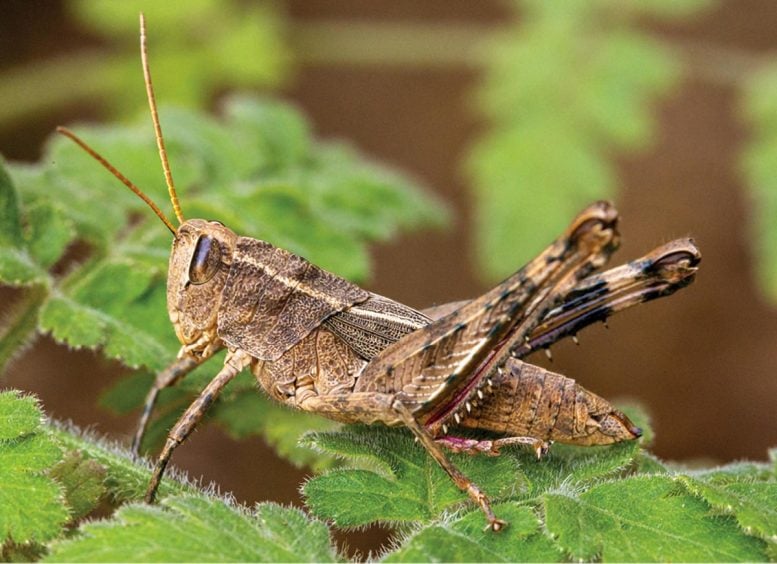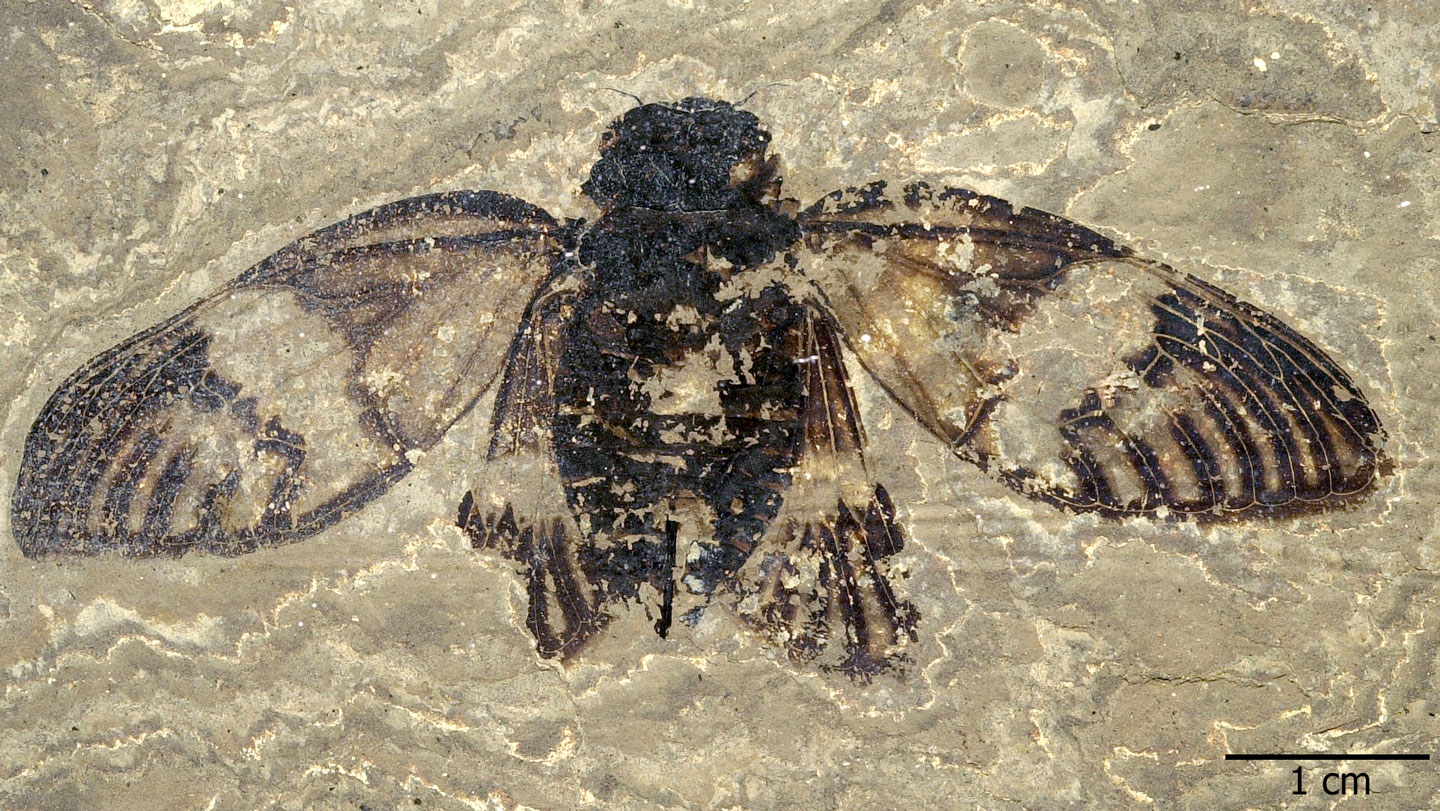The Monte Gordo Grasshopper, a rare living fossil, was found again in Cape Verde, revealing its resilience in harsh environments. The Monte Gordo Grasshopper (Eyprepocprifas insularis) is one of the rarest and most elusive insect species. Until…
Category: 5. Biology
-

“Living Fossil” – Elusive Insect Thought To Be Extinct Rediscovered After 40 Years
-

Nordic studies show the significance of old-growth forests for biodiversity
Researchers at the University of Eastern Finland conducted a systematic review of 99 scientific publications that compared the flora or fauna of old-growth forests, managed forests and clearcut sites in boreal Europe. The reviewed studies showed…
Continue Reading
-

The ocean seems to be getting darker
More than one-fifth of the global ocean — an area spanning more than 75million sq km — has been the subject of ocean darkening over the past two decades, according to new research.
Ocean darkening occurs when changes in the optical properties…
Continue Reading
-

Stirling research could extend biopesticide effectiveness
Changes to a pest’s diet could slow the evolution of resistance to biopesticides, according to research from University of Stirling scientists.
It is hoped that the findings could allow the development of biopesticides that are effective for…
Continue Reading
-

Discovery offers new insights into skin healing in salmon
University of Stirling scientists have discovered cells in the skin of Atlantic salmon that offer new insights into how wounds heal, tissues regenerate, and cellular transitions support long-term skin health.
By understanding how skin cells…
Continue Reading
-

HIV vaccine study uncovers powerful new antibody target
In the long battle to create an effective HIV vaccine, scientists have made a major leap forward. A new study shows that a series of vaccines can coax the immune system to produce powerful antibodies capable of blocking a wide range of HIV…
Continue Reading
-

Microbiology Mystery: Why Do Most Microbes Die in Labs?
A new study reveals that microbial diversity is shaped by a network of mutual dependencies. Microbial ecosystems are found all around us—in seawater, soil, and even inside the human gut—and they are bursting with an incredible variety of…
Continue Reading
-

Astrocytes: From a Supporting Role to Star of the Show
Astrocytes are star shaped cells that make up around 35% of human brain cells. They were once thought of as cells that simply supported neurons in the central nervous system (CNS). But in recent years,…
Continue Reading
-

The first cicada concert was 47 million years ago
The oldest known fossil of a singing cicada reveals that these insects were making music during the Eocene epoch — long before humans existed.
The fossil represents a new cicada species, Eoplatypleura messelensis, which lived about…
Continue Reading
-

Healthcare Providers Overlook Social Connection in Physical Health
Loneliness poses a similar risk to numerous health outcomes as smoking and obesity. Healthcare providers nevertheless overlook social connection as a key factor for physical health, reported a new study…
Continue Reading